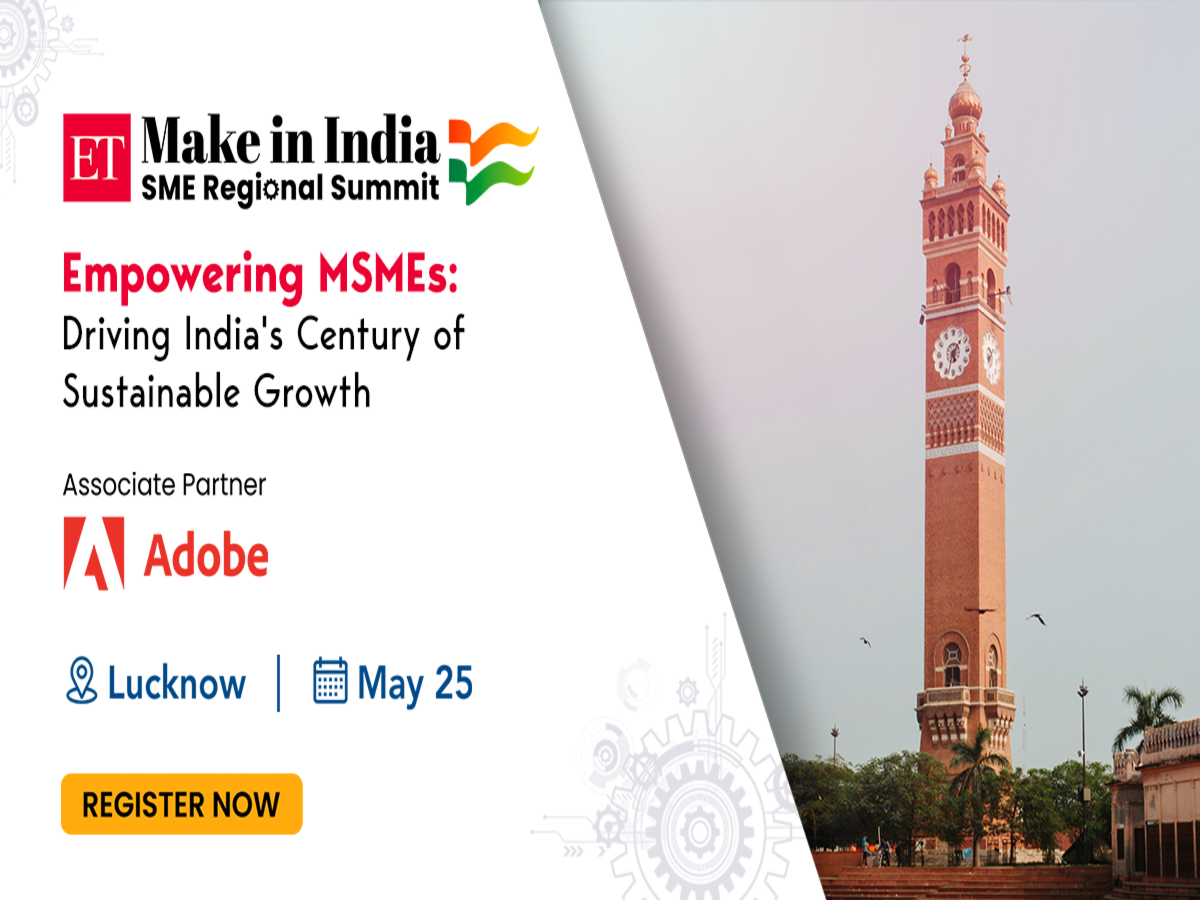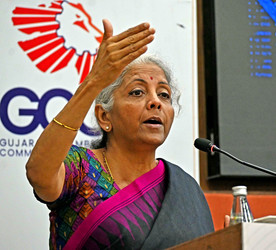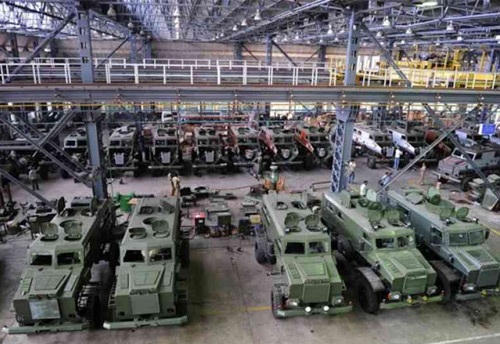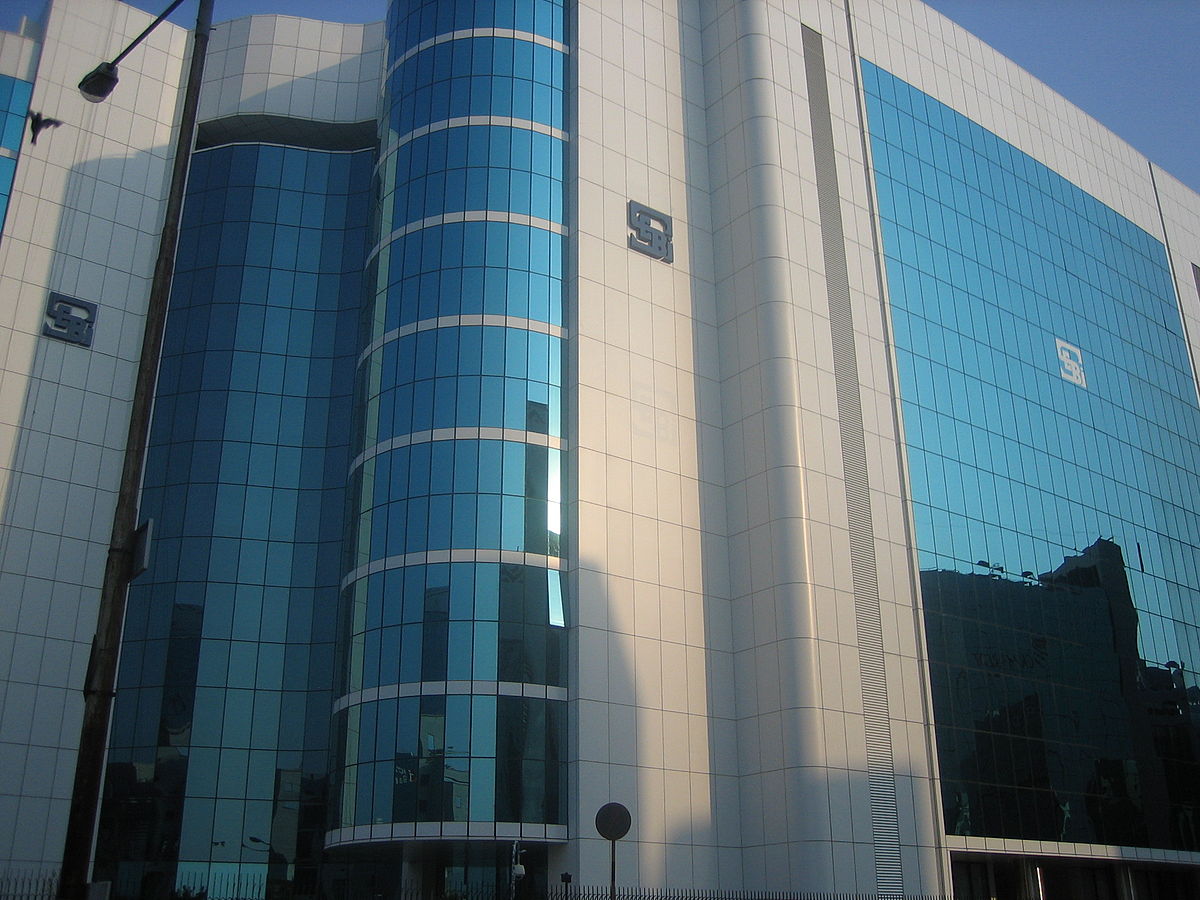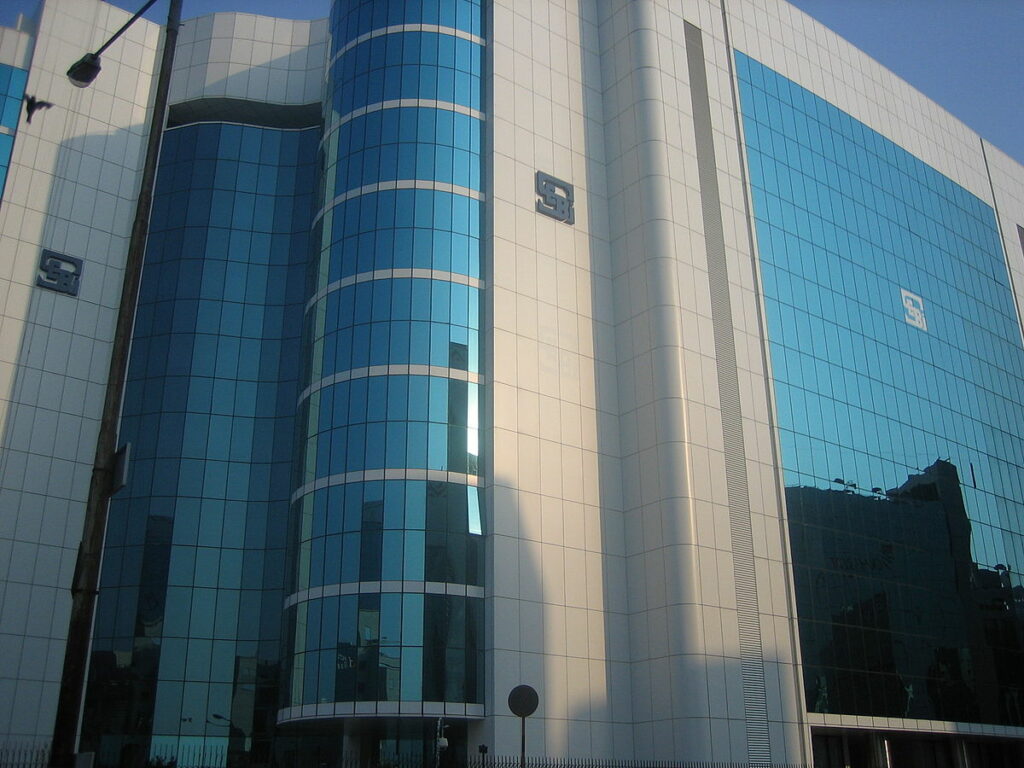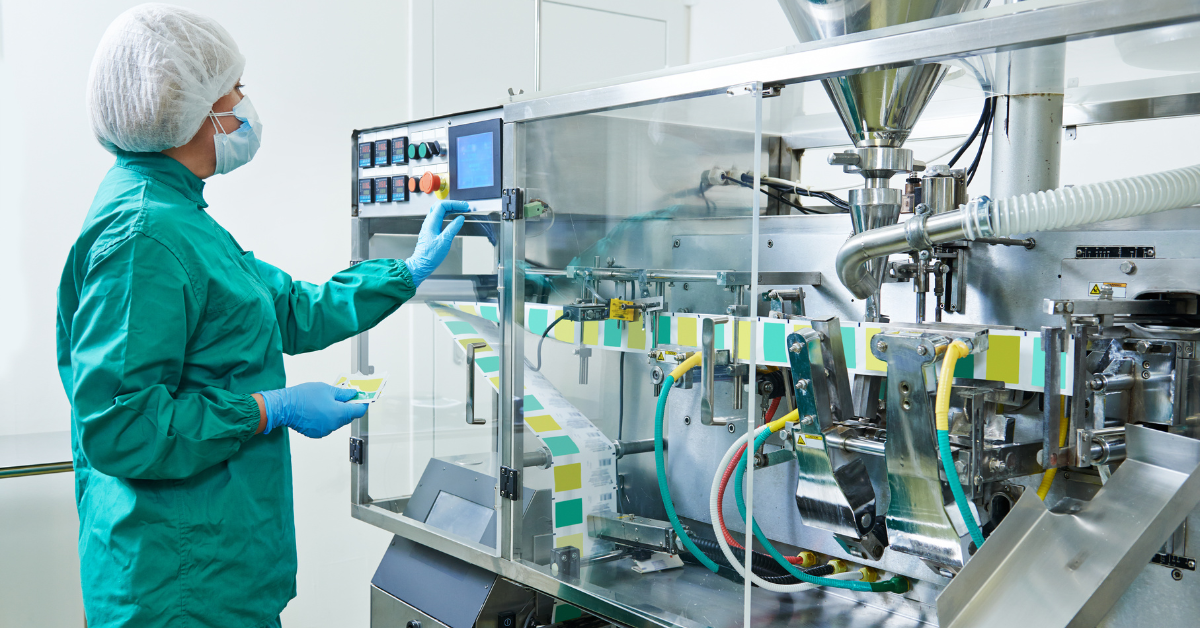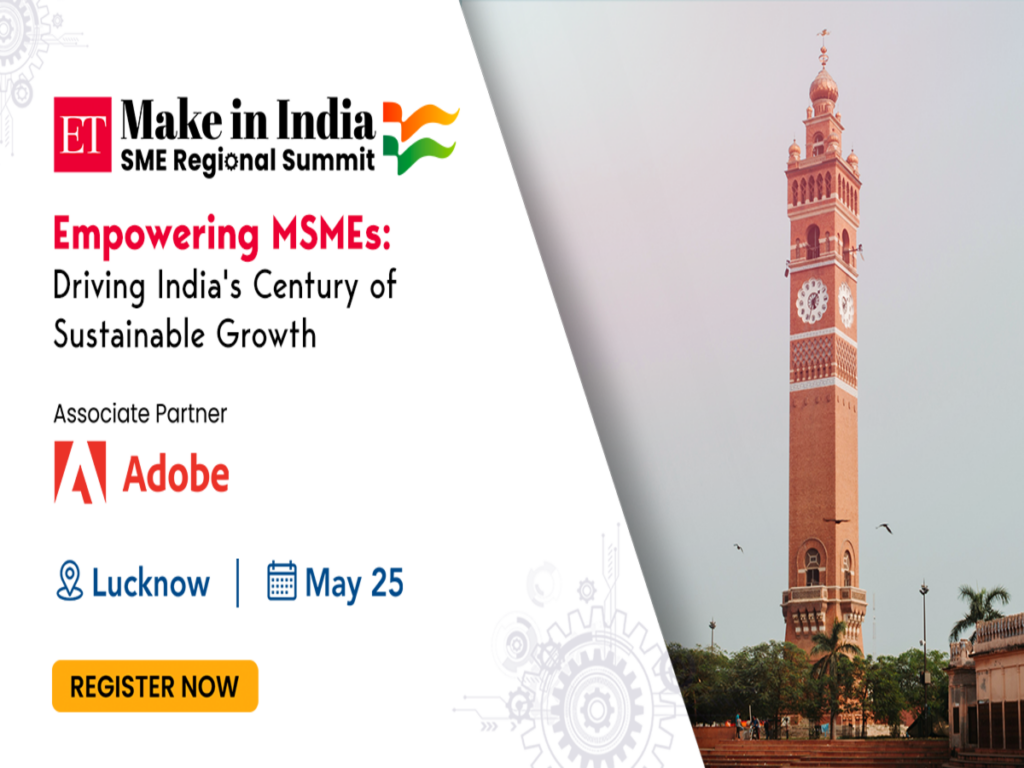
ET Make in India SME Regional Summit’s Second Session to be Held in Lucknow
On May 25, the ET Make in India SME Regional Summit will reach its second city for this year’s edition. Lucknow, renowned for its nawabi heritage and famous handicrafts, will host small businesses, industry leaders, and entrepreneurs in an engaging summit organized by Economictimes.com.
According to the Udyam portal, Lucknow boasts 141,648 MSMEs, with 136,895 micro industries, 4,347 small enterprises, and 406 medium enterprises.
With a rich history in textiles and handicrafts dating back to the 16th century, Lucknow has become a hub for handcrafted textiles and leather goods. The city is home to numerous businesses involved in the export of apparel, textiles, and leather.
A report by CBRE South Asia highlighted that Uttar Pradesh is among the top three states contributing significantly to the Indian MSME sector, accounting for 9%. In this context, the ET Make in India SME Regional Summit will feature panel discussions and fireside chats addressing the challenges faced by the state’s labor-intensive MSMEs and craftspersons, and exploring ways to elevate their businesses to global prominence. The event will also provide a networking platform for enterprises, entrepreneurs, and industry leaders in the city and the state.
The ET Make in India SME Regional Summit series is held across the country to bring together local MSMEs, policymakers, enablers, and industry stakeholders. These summits aim to discover opportunities, address challenges, and promote knowledge-sharing and networking to drive the next phase of growth for Indian MSMEs. This year’s theme is “Empowering MSMEs: Driving India’s Century of Sustainable Growth,” aiming to champion and fortify Indian MSMEs. Each summit will feature panel discussions, masterclasses, and demonstrations of MSME solutions.
This is the second edition of the ET Make in India Regional Summit series. Last year’s inaugural edition covered Ahmedabad, Chennai, and Hyderabad, with a stellar turnout. The previous edition’s theme focused on enabling future-ready MSMEs to power the nation’s India@100 dream.
The purpose of these regional summits is to increase awareness, promote networking, and support industry-specific learning. These events aim to recognize the efforts and accomplishments of MSMEs in their respective areas, and assist them in discovering opportunities and strategies to become globally competitive and future-prepared.
The summits are hosted by Economictimes.com in collaboration with Adobe as the Associate Partner.
